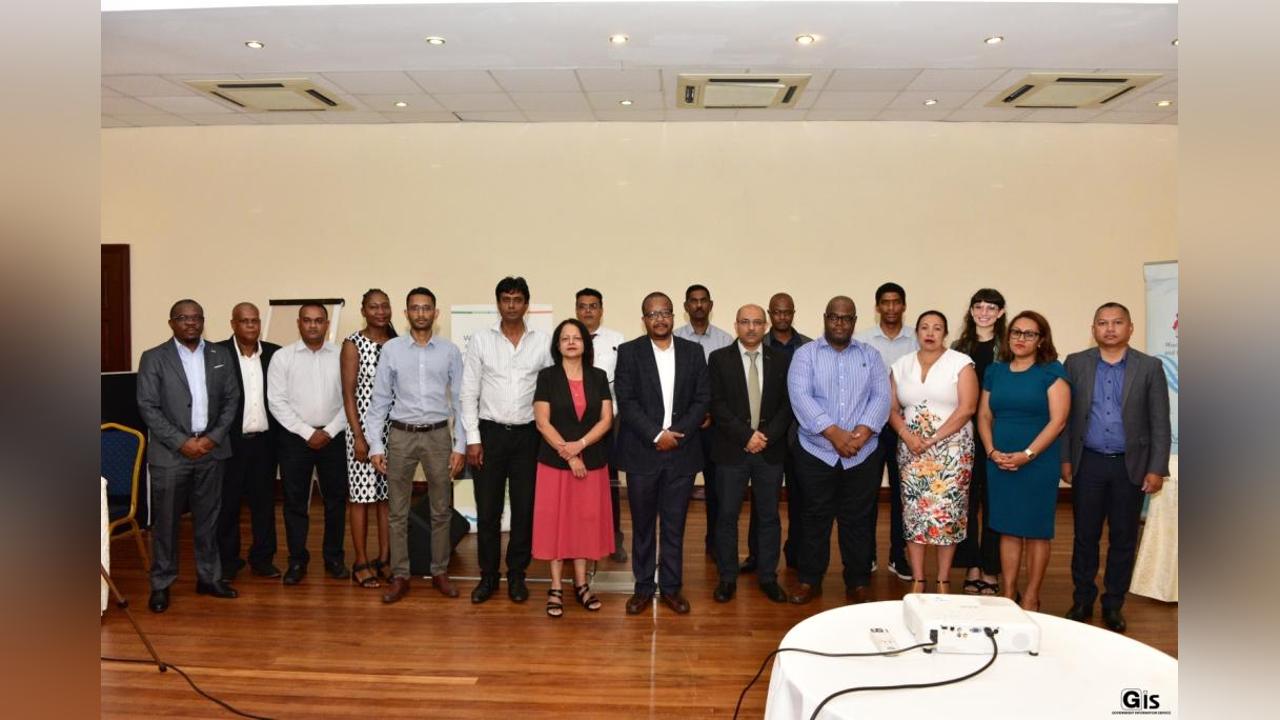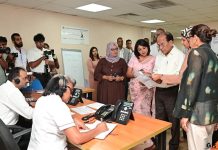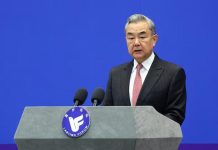Africa-Press – Mauritius. The Southern African Development Community (SADC) Oceanic States workshop, aiming at developing a Water, Energy and Food (WEF) Nexus Regional Programme, kickstarted, this morning, at the Pearle Beach Resort & Spa in Flic-en-Flac.
Government representatives from Mauritius, Seychelles and Madagascar, working in the water, energy, food and related sectors, including environment, climate change, planning and finance, as well as members of the SADC Secretariat, Global Water Partnership, United Nations Convention to Combat Desertification and the Food and Agriculture Organisation, are attending the two-day regional workshop.
In his address during the opening ceremony of the workshop, the Director Technical Services (Public Utilities) of the Ministry of Energy and Public Utilities, Mr Doumeraj Jahajeeah, underlined that the aim of the regional workshop was to initiate the process of developing a regional programme, targeting international funds, that could promote a multi-sector approach in ensuring resource efficiency whilst simultaneously achieving WEF security.
He recalled that in 2022, Mauritius had a national dialogue on WEF Nexus during which seven projects were identified for the country. “One of them, which comprises using water from the Tamarind Falls and Magenta Dam for potable use, has already been implemented,” he informed.
Furthermore, Mr Doumeraj Jahajeeah emphasised that WEF security was crucial for islands like Mauritius, Madagascar and Seychelles, and thus due consideration should be given to these challenges.
As for Mauritius, he stated that the country remained vulnerable to the adverse direct impacts of climate change on water supply, food production and energy security. He underscored the strong drive of the Government in investing in necessary projects to ensure security in these fields.
As for the representative of the SADC Secretariat, Mr Duncan Samikwa, he underlined the objectives of the workshop, namely: identify existing sectoral governance challenges and barriers that hinder the progression of WEF Nexus investments in the Oceanic Region; showcase examples of how improved sectoral coordination drive investment projects; gain practical understanding on how to apply the Nexus approach within investment projects; identify priority regional projects to pilot and showcase the WEF Nexus approach; and enhance Oceanic States cooperation in the development and implementation of prioritised WEF Nexus project.
Mr Duncan Samikwa also stressed that water, energy and food security were key priority areas for SADC, and stressed SADC’s aim of promoting proper planning and regional cooperation and coordination to improve natural resource use and efficiency.
“This approach,” he added, “will allow the identification of solutions and synergies for the benefit of every SADC Member State.
” SADC Nexus Dialogue Project
The SADC Secretariat is currently implementing the second phase of the SADC Nexus Dialogue Project, ‘Fostering Water, Energy and Food (WEF) Security Nexus Dialogue and Multi-Sector Investment in the SADC Region’. This European Union funded project began in 2017 and has been implemented in two phases.
Phase I of the Nexus Dialogues Programme ran from 2017-2019 and aimed at helping regional organisations, and their Member States apply a nexus approach in formulating multi-sector policy recommendations, strategies, action plans and investment programmes. Phase II of the project has a duration of three years, commencing in 2020 until 2023.
Phase II builds on the achievements of the first phase, with the overall objective being to institutionalise the WEF Nexus approach at regional and national governance structures and investment decisions for water, energy, and food security in the SADC Region.
As part of the Nexus Regional Dialogues Project, national dialogues are being organised for all 16 SADC Member States to strengthen capacity on the WEF Nexus, especially in conducting WEF Nexus analysis to inform decision making.
The overall objective of the WEF Nexus National Dialogues is to identify national WEF Nexus priorities and showcase the benefits of how improved sectoral coordination can accelerate national investment opportunities.
For More News And Analysis About Mauritius Follow Africa-Press







